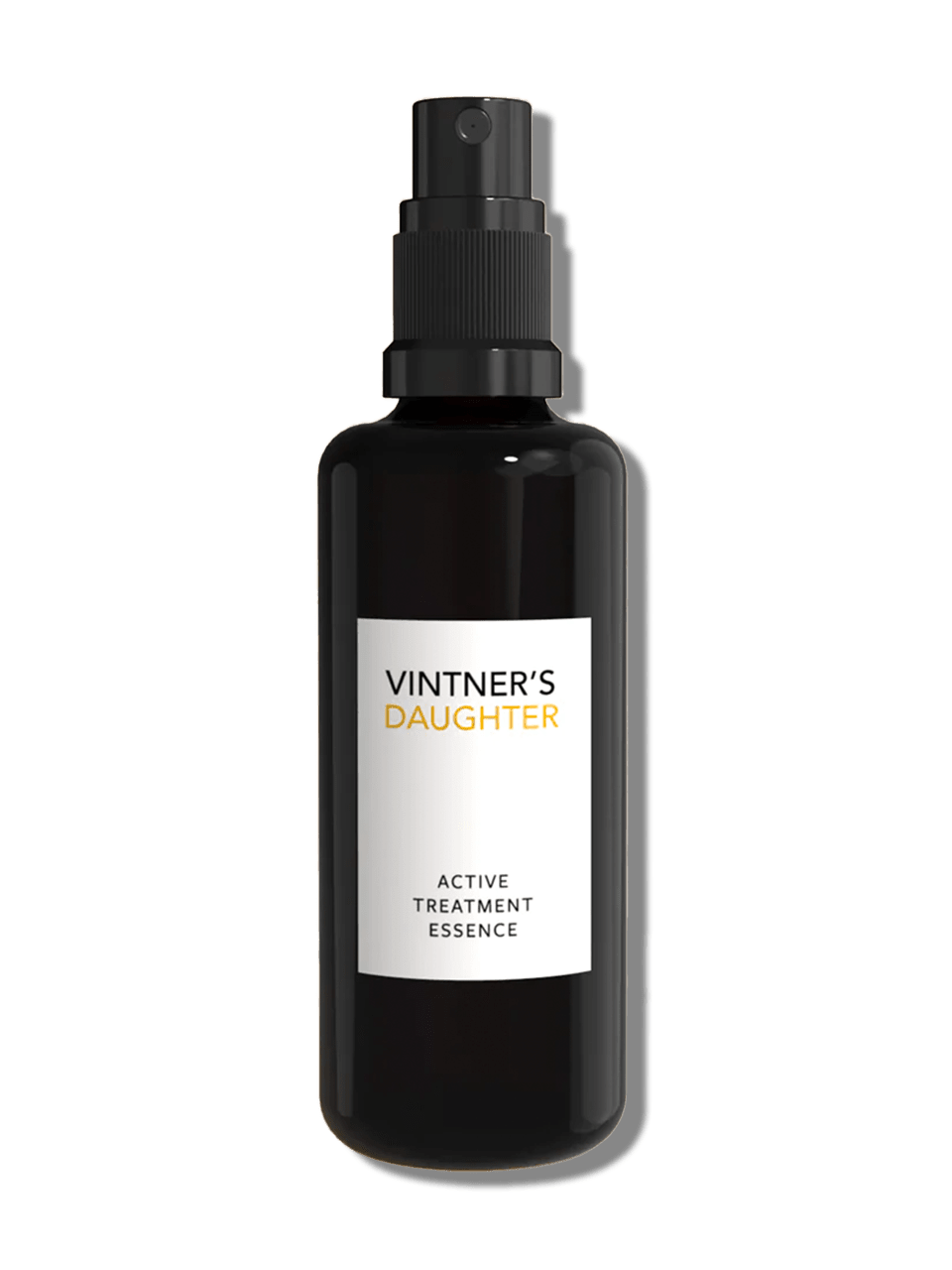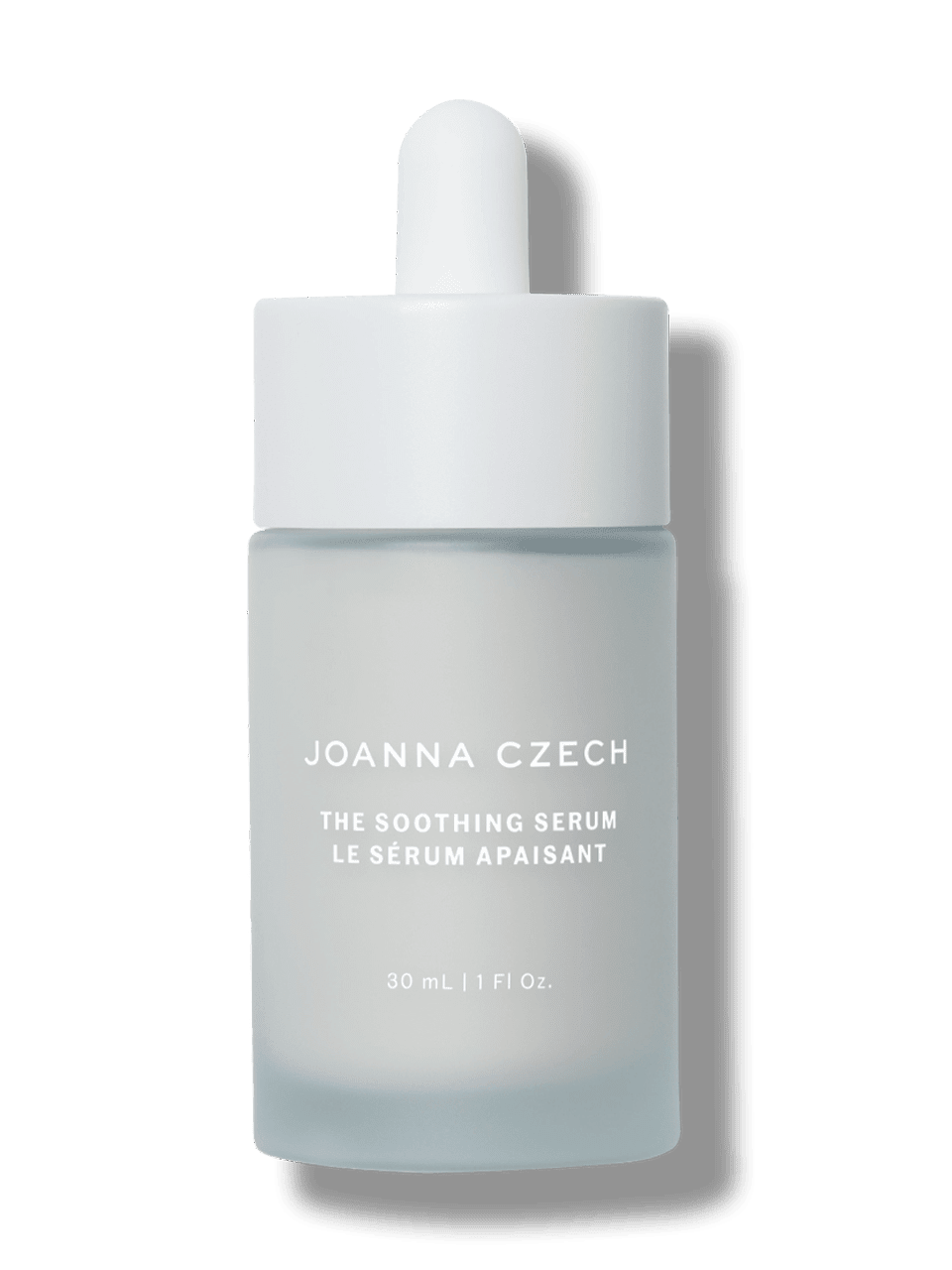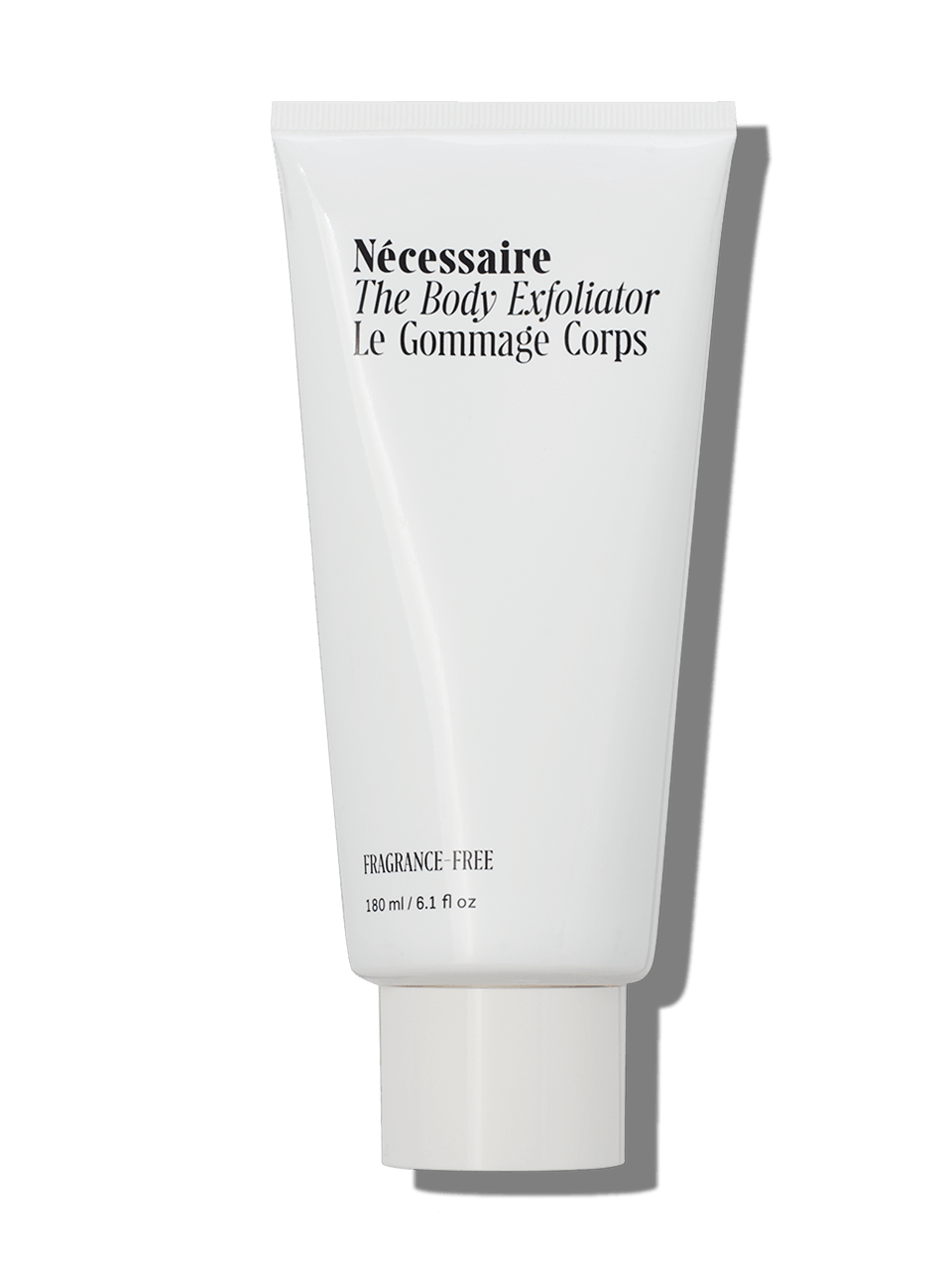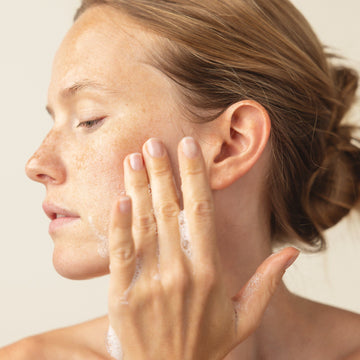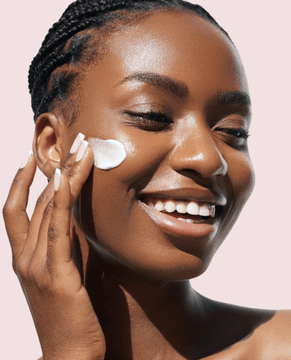Incorporating Niacinamide into Your Daily Skincare Routine

Just like our diet should include a daily dose of vitamins, so should our skin. Although our body naturally contains vitamins, they become depleted with age and in response to environmental stressors, which is why it's essential to include them as a part of your skincare regimen.
I've talked about the importance of vitamin C and vitamin A (retinol), but niacinamide is another vital vitamin that offers various benefits such as improving skin sensitivity, brightening, and anti-aging effects.
What is Niacinamide?
The skincare ingredient, niacinamide is a water-soluble form of vitamin B3. The versatile nutrient plays a crucial role in various cellular functions of the skin.
Scientifically, niacinamide aids in the production of crucial enzymes that contribute to cellular energy and repair. What sets niacinamide apart is its ability to address multiple skincare concerns. It boasts anti-inflammatory properties, making it effective for soothing redness and irritation.
Furthermore, niacinamide plays a role in regulating oil production, making it an excellent choice for individuals with oily or combination skin. Its prowess extends to addressing hyperpigmentation, contributing to a more even skin tone, and promoting skin elasticity.
Beauty benefits of niacinamide
The benefits of niacinamide are numerous, making the ingredient versatile enough for every skin type and condition. Here are the many incredible advantages of niacinamide for skin health:
Boosting skin hydration and moisture retention -
- Boosting skin hydration and moisture retention - Niacinamide can help strengthen your lipidic barrier, which helps to prevent skin damage and lock in moisture. It provides a light, non comedogenic hydration that’s perfect for oily skin types.
-
Diminishing the appearance of fine lines and wrinkles - Niacinamide offers anti aging effects by ensuring skin cells function at their best, repairing DNA damage caused by environmental stressors. The vitamin also promotes the production of keratin, the main structural protein in your skin, helping it appear firm and youthful.
- Evening out skin tone and reducing hyperpigmentation - Niacinamide inhibits the transfer of melanin in the skin, providing skin brightening and fading dark spots.
- Calming redness and inflammation - The ingredient niacinamide offers anti-inflammatory effects that provide relief to sensitive skin types. It also strengthens the skin barrier, protecting against moisture loss and environmental stressors which reduces redness and irritation.
- Reduces and prevents acne - Niacinamide reduces sebum production, which helps prevent acne, whereas the anti-inflammatory effects combat and calm active breakouts.
How to incorporate niacinamide into your daily skincare routine
Including niacinamide in your skincare routine is simple. There really aren’t many rules when using niacinamide. It doesn’t interact with other products and pairs well with retinol and other acne treatments, such as salicylic acid. If you're aiming to brighten your skin and reduce hyperpigmentation, you can alternate vitamin C with niacinamide. Alternatively, if your skin becomes irritated from vitamin C, you may even want to replace it with niacinamide.
You can incorporate niacinamide into your skin care routine using cleansers, serums, moisturizers, and even body care products. These are my favorite products with niacinamide:
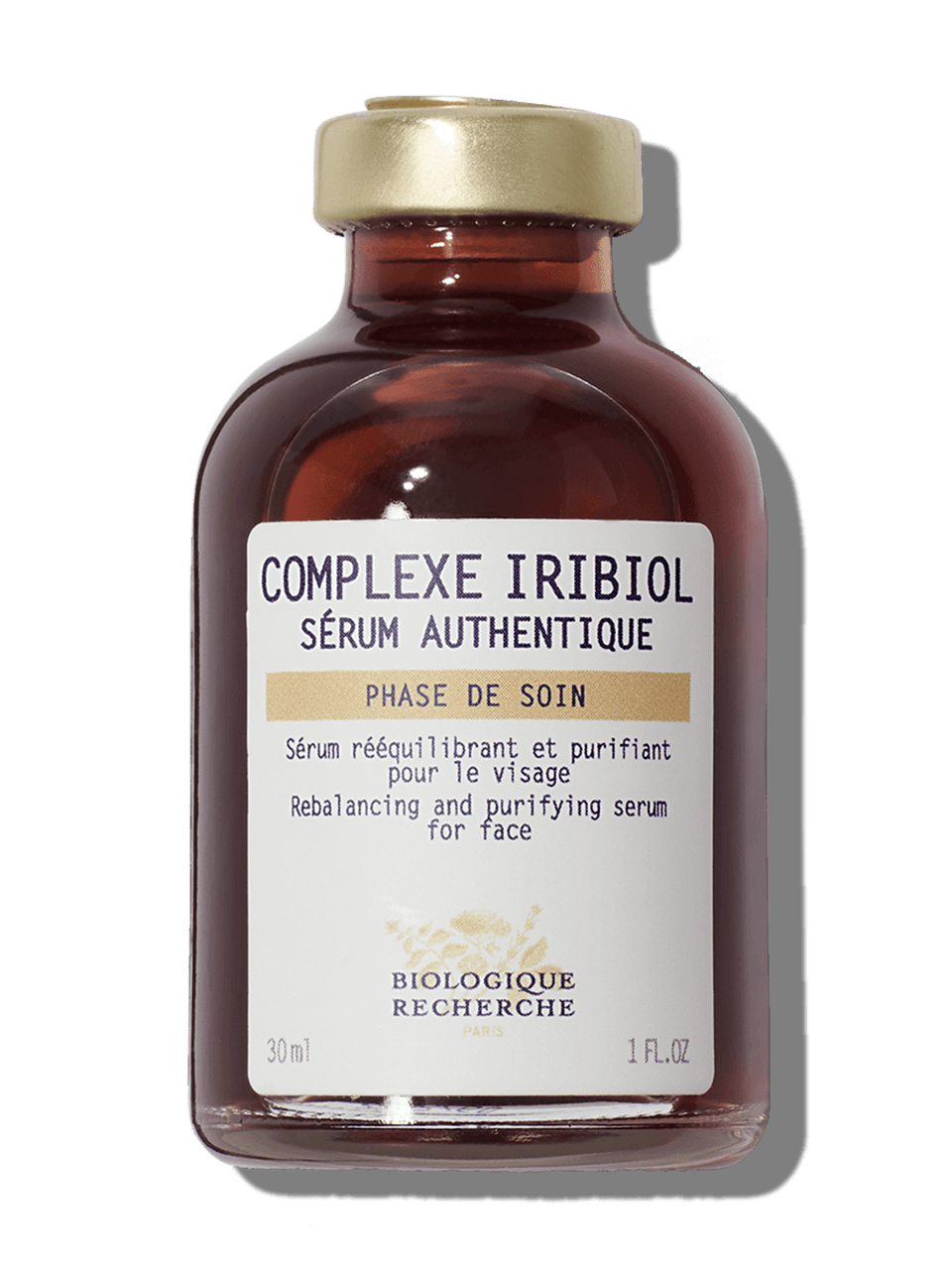
Biologique Recherche
Serum Complexe Iribiol
Can I use niacinamide everyday?
Yes, you can absolutely use niacinamide in your everyday skincare routine. Like we mentioned, it doesn’t interact negatively with other common ingredients and is well tolerated, even for those with sensitive skin. In fact, I recommend using niacinamide every day in order to see the best results. Just make sure you are following the product directions to ensure you are using the correct amount.
Are there any side effects from niacinamide?
Niacinamide rarely causes negative side effects and is a safe, gentle, low risk ingredient. But, even if rare, as with any skincare product, there’s always a chance of an allergic reaction. High concentrations of niacinamide in a product may increase the risk of irritation, so immediately discontinue use if your skin becomes red or irritated. Reactions are infrequent and most users don’t encounter any issues.
Is niacinamide or hyaluronic acid better?
The choice between niacinamide and hyaluronic acid depends on the specific skincare concerns. Niacinamide is versatile and addresses issues like acne, hyperpigmentation, and fine lines, while hyaluronic acid is a powerhouse for hydration and is suitable for all skin types. A well-rounded skincare routine may include both ingredients to provide comprehensive care for various skin needs.
Core takeaways
Incorporating niacinamide into your daily skincare routine is a simple yet transformative step toward achieving healthier and more radiant skin. As we've explored, niacinamide offers many benefits, from boosting hydration and reducing fine lines to evening out skin tone and calming inflammation. It's a versatile vitamin that caters to every skin type and condition, making it a must-have in a non-invasive beauty routine.
